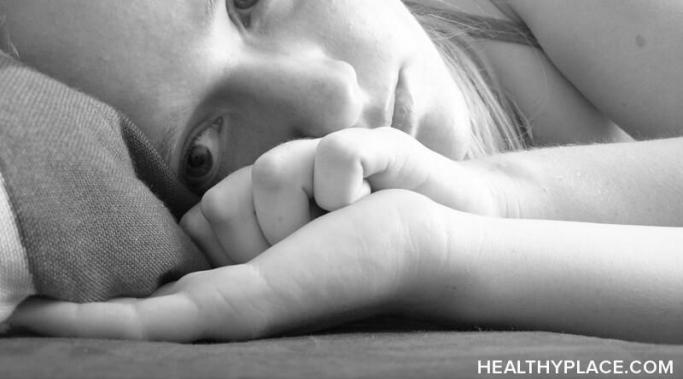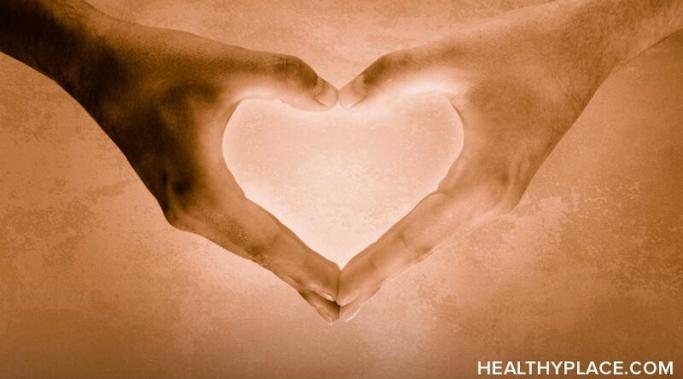Blogs
I recently came across someone who said she was taking bipolar medications to please others and not because she wanted to, herself. She vowed to get off of them and never take a pill to make other people happy again. If this is the case, if she really is taking bipolar medication to please others, I would suggest that's a problem but I think it's important to think carefully about it before actually deciding to reduce or get off of medications. Are you really taking bipolar medication only to make others happy? The ramifications are big so it's important to be sure.
Mental illness in pregnancy can be tricky to manage for several reasons, but the most frustrating thing for me has been that I can't tell what's causing my symptoms. Last weekend, I slept for 13 hours each night and took a two-hour nap each day. Usually, that would be a classic sign of my depression, and I definitely noticed that my mood was down over the weekend, but pregnancy has also made me absurdly tired. Plus, I'm pretty extroverted and I spent a lot of time alone over the weekend, so I may have just been sleeping out of boredom. How am I supposed to find out what's really going on with me when there are so many overlapping factors?
One of the most pervasive stigmas of mental illness is the idea that people struggling with their mental health aren't trying hard enough to get better. There's this idea that those with similar, the same, or worse struggles have made it through a tough time so everyone else should be able to. But it's not that simple and people need to stop saying it is. People struggling with their mental health are trying to be well, and the struggle is harder than you think.
Mindfulness affects your self-esteem, and often, when we think about mindfulness, many of us picture a happy person meditating peacefully while the sounds of "ohm" echo in the background. Without our realizing it, this picture incepts a formula into our subconscious: mindfulness plus quiet serenity equals self-love. Yet for many of us, quiet serenity is not something easily check off on our to-do list–our days are filled with busy streets and office chairs, not Zen gardens and floor cushions. Does this mean self-love is unachievable? Not at all. Even when serenity is unavailable, one powerful tool we can use towards building self-esteem is mindfulness.
Over the past few years since my abusive relationship ended, I have been unraveling the layers of what happened through therapy, writing, research and a lot of soul-searching.
I'm afraid to drive. My schizoaffective anxiety used to only make me afraid to drive in the snow, and then the rain. But now I feel anxious whenever I drive. Here’s how I’m coping.
Coping skills activities for anxiety and stress are actions you take to keep going forward despite negative experiences. Accumulating a variety of these tools and strategies can help you manage your thoughts, emotions, and physical tension. The following three coping skills activities for reducing anxiety and stress are designed to help you reap immediate benefits to feel calmer and more in-control now and well into the future as you do them regularly to reduce anxiety and stress for a better quality of life.
Eating disorders and vacation: Do you find it difficult—maybe even impossible—to enjoy a summer vacation without the influence of your eating disorder at the forefront of your mind? I can relate, and it's a continuous process for me to release those obsessions and insecurities around exercise or food anytime I travel outside my normal routine. Recovery from eating disorders and vacation plans can, however, come together.
Depression-caused anger is often present in depression, but there are daily activities we can do to lessen the anger, help us relax and feel more at peace. I try to do all of these activities each day or at least most days. None of them take much time. I'd like to share the activities that help me lessen the depression-caused anger I experience.
The increased awareness of people who are mentally ill has led to an increase in the number of people who want to be mental health allies. Both of these things are great, of course. However, if you want to be an ally, there are good and bad ways to do it, and perhaps the most important thing to remember is if you want to be an ally, don’t be selfish.









